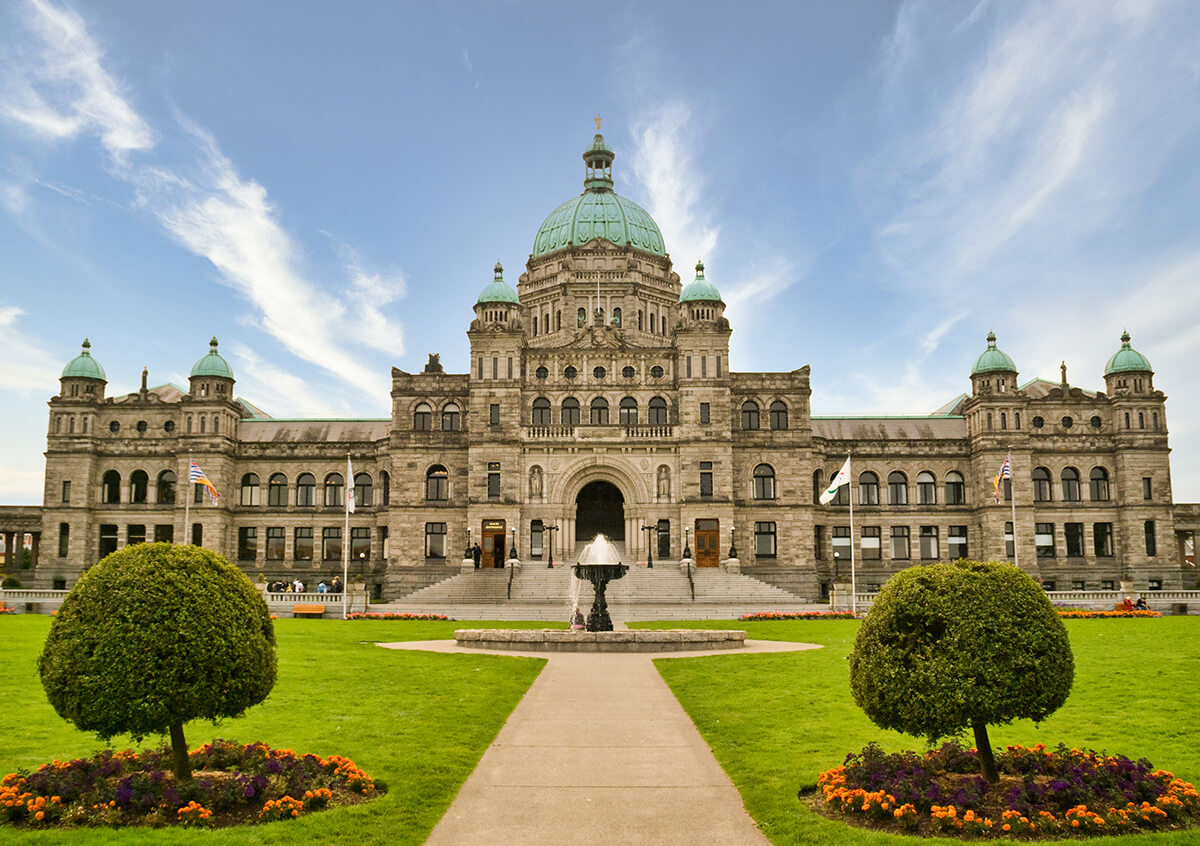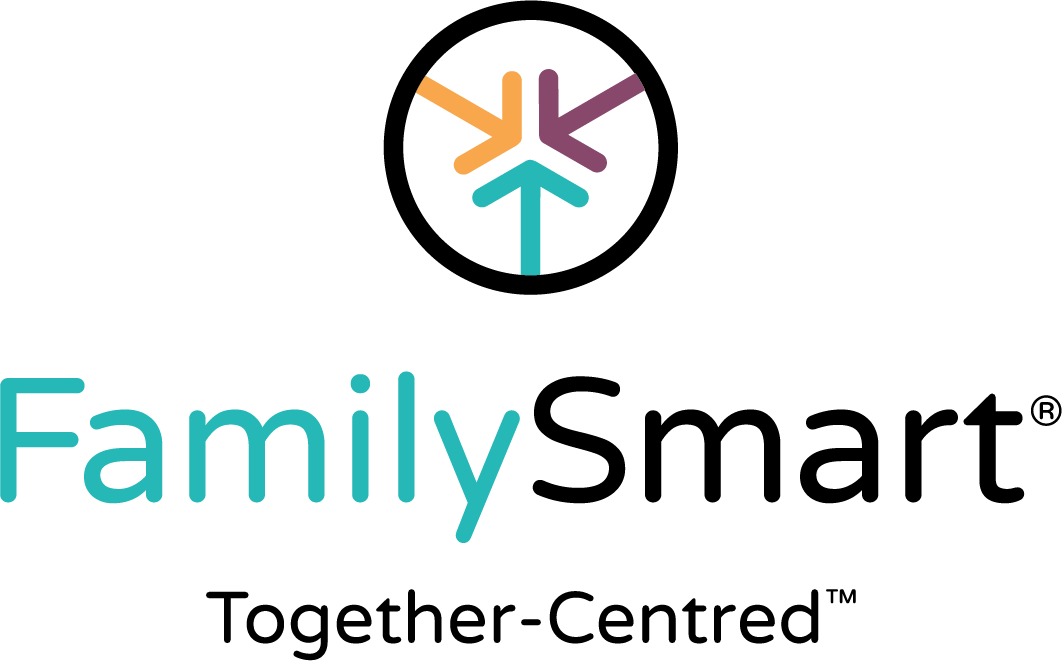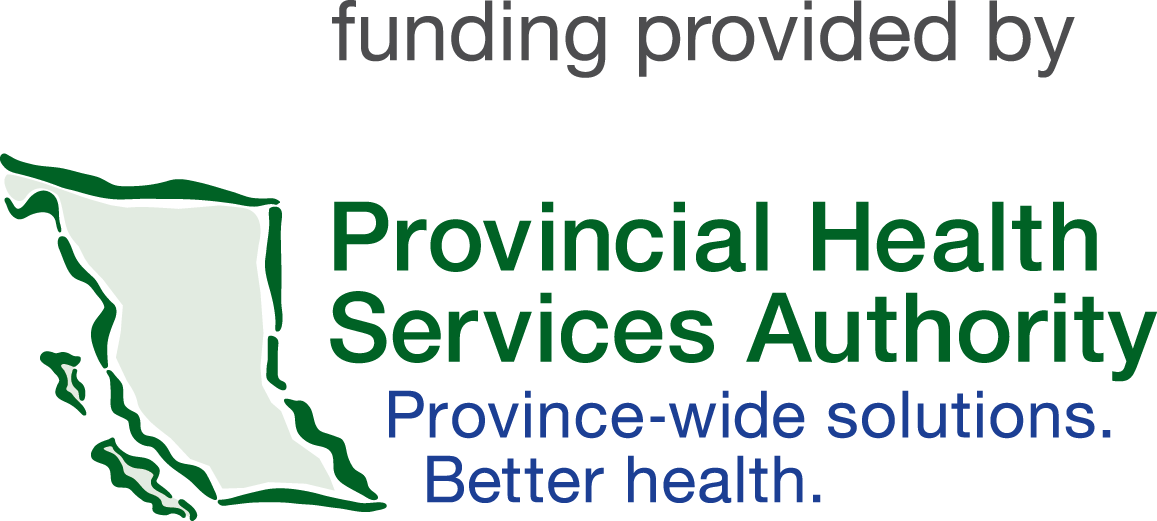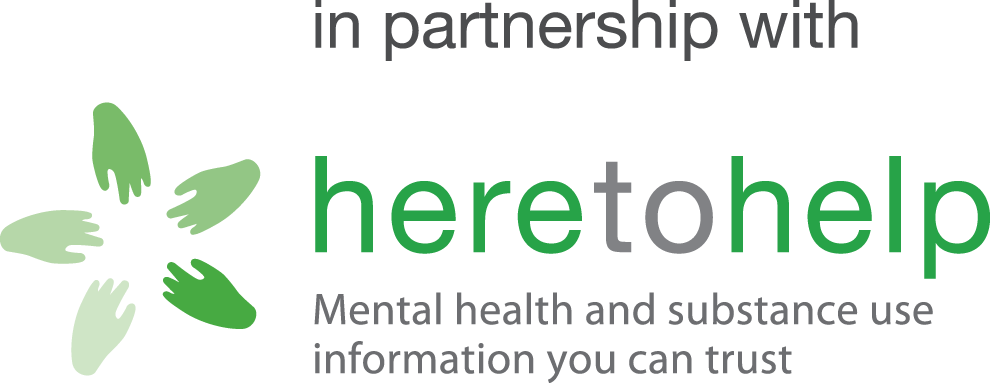How to Connect with Your Provincial Representative
Use this toolkit to help advocate for permanent funding for BCSS to provide programs for families impacted by severe mental illness. Learn how you can help below.

Your voice matters! Make it heard.
Members of Legislature (MLAs) shape government policies and help make decisions about funding that impacts families living with serious mental illness.
Following the October 2024 election, a significant number of new MLAs joined the B.C. Legislature. Many are still learning about the challenges in their communities. Accordingly, you can provide a valuable service by providing them with information that they may not hear from anyone else.
This toolkit will help you connect with your local MLA, share your story, explain why BCSS services matter, and advocate for stable, long-term funding for vital family support services.
Why this matters now:
- BCSS’s current funding ends in March 2026, and without stable support, critical programs for families could be at risk.
- Schizophrenia affects 1.8% of BC’s population, and psychotic disorders affect 3%. These illnesses deeply impact individuals, families, and communities.
- Last year, BCSS served 1,200 new families through one-on-one support, family programs, and education initiatives, and had nearly 13,000 total program attendees.
Watch a playback of Jack Middleton’s webinar:
How to Connect with your MLA
How you can help:
You are our best advocate! MLAs need to hear from constituents like you that mental illness family support is a priority.
Here’s how to connect with your MLA and support your community:
1) Identify your MLA
- Find out who represents your area and learn their party and role.
💡 Tip: Find your MLA here.
2) Gather a group (optional)
- Invite others in your community who share your interest to join you and work together to book your meeting. A small group can make your message even stronger.
3) Request a meeting
- Email or call to request a meeting to speak with them about issues you are concerned about in your community related to mental health supports.
💡 Tip: MLAs are often in their constituency offices on Fridays.
4) Prepare your story and key messages
-
-
- Keep it simple and personal. Try to focus on three main things:
- Your story and how mental illness has impacted you and your loved one’s lives.
- Why BCSS matter and how our vital support and education is for families across BC, including rural, northern, and Indigenous communities.
- BCSS needs stable, long-term finding in the BC 2026 Budget.
- Keep it simple and personal. Try to focus on three main things:
-
💡 Tip: Bring BCSS brochures or fact sheet with you so you can leave it behind and/or use the material as a reference to highlight your key points during the meeting.
5) Meet with your MLA
- Share your story confidently, explain why BCSS services matter, and make your ask: BCSS needs stable and long-term funding in the 2026 BC Budget. Keep the conversation positive and focused.
💡 Tips for a successful meeting:
-
- Take a family member or friend if you’re nervous.
- Introduce yourself and thank them for meeting with you as a constituent.
- Learn staff names—they’re important community connections.
- Keep introductions under 10 minutes to allow time for discussion.
- Make notes on questions or requests before the meeting.
- Avoid politics by focusing on the issue and your experience.
6) Follow-up
- Send a thank-you email and include BCSS contact information.
Resources
Your advocacy is powerful. Let’s keep the momentum going!
Every conversation matters.
Together, we can create a stronger support system.
By connecting with your MLA, you’re helping thousands of families build a future where they have access to vital mental health resources across BC.






